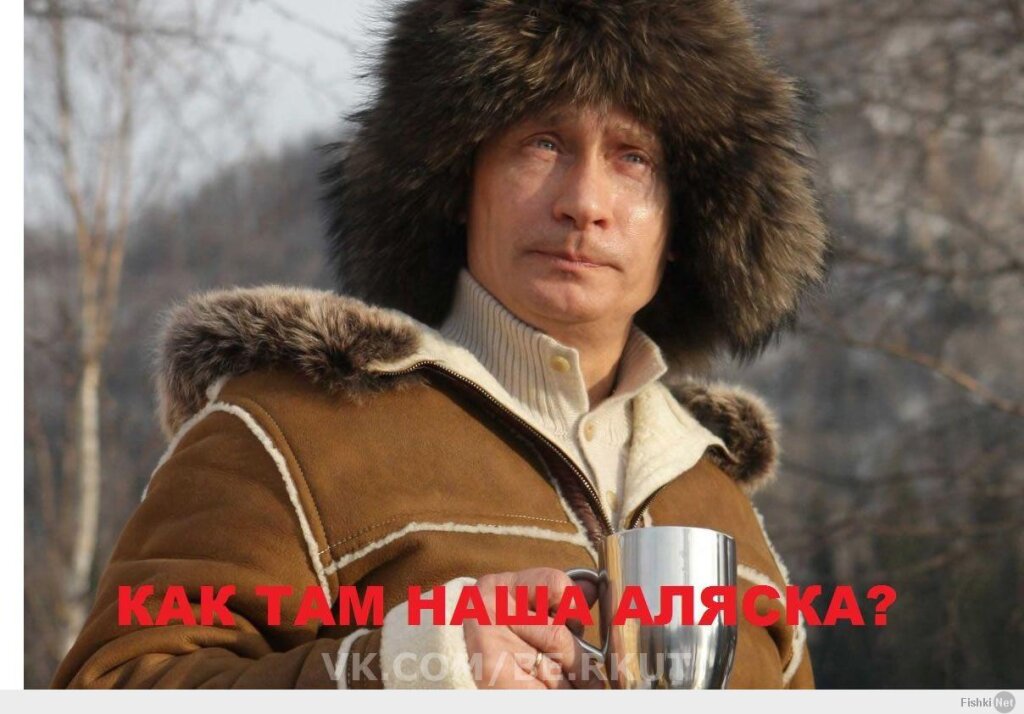Show of hands by all the Russia watchers out there: in any of the scenarios in which Russia not only returned to the news, but became a cultural flashpoint, did anyone imagine that the key words would be "pussy riot?" "Riot," perhaps, but… Here I'll leave it to my readers to complete the thought.
The decades following the Cold War have been rather stingy when it comes to Russia's role in Western media outlets. A limited number of predictable narrative frameworks come out in semi-regular rotation: first there was the "bold struggle against communist holdouts" (a theme that was largely retired along with Boris Yeltsin); the "Russian mafiya" ("why we should still be afraid of Russia"); Chechen terrorism (the "war on terror"); Putin's popularity ("Russia moves backwards"), and, most recently, the anti-Putin protests (appealing under at least two different rubrics: "the Internet will set you free" and "Arab Spring, Russian style").
And then there was Pussy Riot. On the one hand, Pussy Riot has all the ingredients for a perfect media storm: viral video, feminist activism, delicate religious sensibilities, state persecution, and, of course, balaclavas. On the other hand, Pussy Riot disrupts the conventional categories for thinking about "Russia today," in much the same way that it thwarts any attempt to define the nature of its actions. As Mikhail Iampolski aptly noted in Novoe vremia, Pussy Riot does not have a stable identity: it is a punk band that is not quite a punk band, an artistic collective whose aims are often political, a political movement that acts like an artistic collective, and an Internet phenomenon that cannot be exclusively virtual. Is the Pussy Riot story about the stifling of avant-garde artistic expression? A crackdown on a new generation of dissidents? The unchecked power of the Russian Orthodox Church? The tragedy of three modern-day Joans of Arc who happen to curse like sailors?
Certainly, there are Russian precedents for playful artistic subversion, going back at least a far as Mayakovsky's futurist street theater, and, more recently, the Mitki, a Brezhnev-era Leningrad slacker phenomenon. But none of this was the face of dissidence. Soviet dissidence was deadly serious, and for good reason, but this earnestness was, to coin a phrase, Soviet in form, anti-Soviet in content. For truly corrosive irony, one had to look at styob, a Russian style of humor that ridicules its object by overidentifying with it (think Stephen Colbert always staying in character as a Fox News wingnut). Styob was all but invisible to Westerners; it never became part of Western narratives about Russia, perhaps because we couldn't be sure we got the joke.
Though their trial was a farce, what's happened to Nadezhda Tolokonnikova, Maria Alyokhina, and Yekaterina Samutsevich is anything but a joke. Both the charges and the sentence are excessive by any reasonable standards, and the Russian government deserves all the blame being heaped on it. In recent months, Pussy Riot has galvanized Russia watchers all over the globe: if you're reading this post and are on Facebook, you'll have seen the posts and reposts about Pussy Riot evicting Farmville and Words with Friends from your newsfeed's virtual real estate. For what may be a very brief moment, Russia is "relevant" again, and humanists should be particularly thankful that this relevance combines politics with philosophy and the arts. Without question, those of us who condemn Pussy Riot's persecution should continue to engage in supportive activism, but we should also ask ourselves: how can this event help us change the narrative? When all eyes are on Russia, and when what we're looking at is a clever, cosmopolitan, multimedia phenomenon, it's up to the Russianists of all stripes to show not that Russia is interesting again, but that Russia has been interesting all along.


